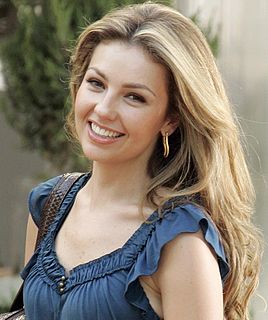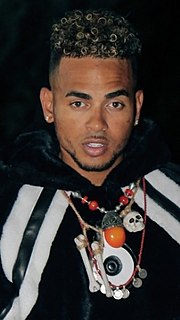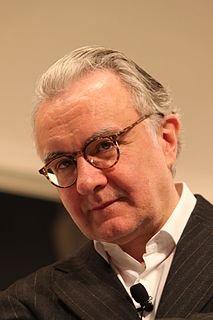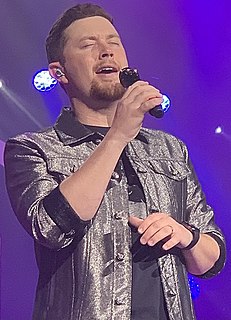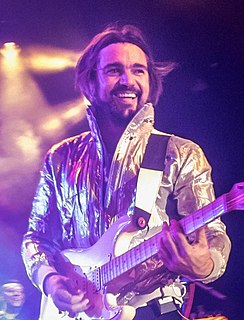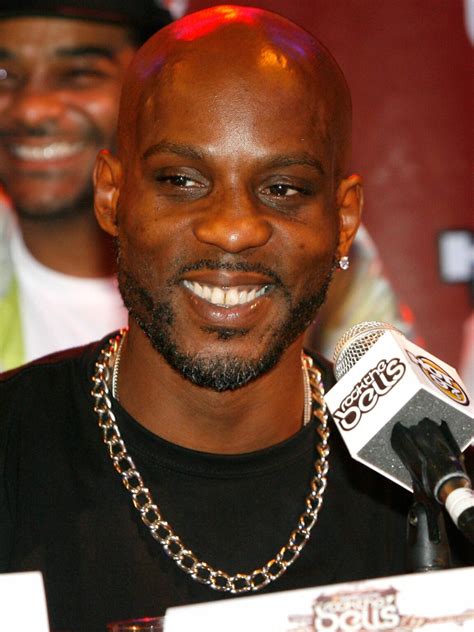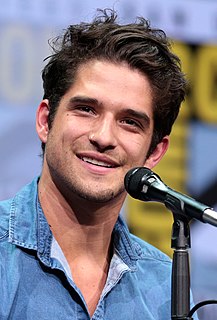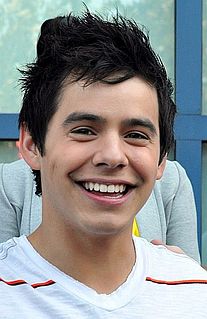A Quote by Thalia
To me, a big crossover was what happened to me years ago, like bringing my music in Spanish to Europe, or Asia. To me, that's a crossover because Spanish is not a language that everybody talks.
Related Quotes
I spent ten years in London; I trained there. But because I started in English, it kind of feels the most natural to me, to act in English, which is a strange thing. My language is Spanish; I grew up in Argentina. I speak to my family in Spanish, but if you were to ask me what language I connect with, it'd be English in some weird way.
It really takes growing up to treasure the specialness of being different. Now I understand that I've gotten to enjoy things that others have not, whether it's the laughter, the poetry of my Spanish language - I love Spanish poetry, because my grandmother loved it - our food, our music. Everything about my culture has given me enormous education and joy.
My mother at a young age put me in bilingual, so my strength is really more in Spanish. Even though I live and I was born and raised in the States, you know, in the Bronx, in Spanish I get my point across. And when I'm writing music, when I'm doing music, it's easier for me, and I know exactly how to express myself.
